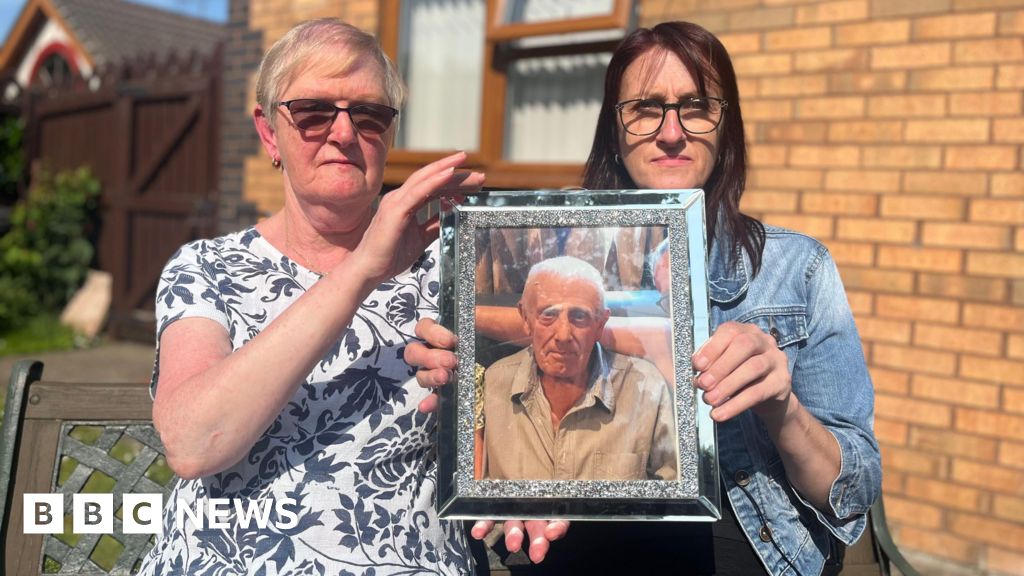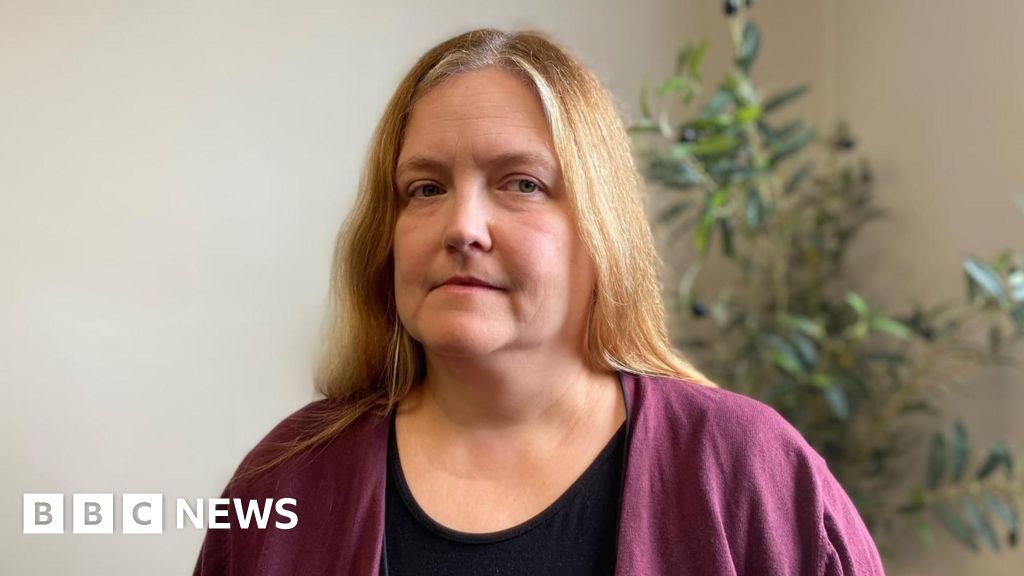David Gritten
BBC News, Jerusalem
At least 33 Palestinians, including 12 children, have died as a result of malnutrition across the Gaza Strip in the past 48 hours, the Hamas-run health ministry has said.
The deaths of 11 adults and four children were reported over the past day, a spokesman told the BBC.
It came as UN Secretary General António Guterres told the UN Security Council that "malnutrition is soaring" and "starvation is knocking on every door" in Gaza.
He has said the 2.1 million population is facing grave shortages of basic supplies and that Israel has an obligation to facilitate humanitarian assistance by the UN and its partners.
The Israeli military body responsible for co-ordinating aid deliveries, Cogat, accused Hamas of "conducting a false campaign regarding the humanitarian situation".
It has insisted that Israel acts in accordance with international law and facilitates the entry of aid while ensuring it does not reach Hamas.
International journalists, including the BBC, are blocked by Israel from entering Gaza independently, so it is difficult to verify the number of reported malnutrition deaths.
However, footage filmed by a local Palestinian journalist working for the BBC at al-Aqsa Martyrs hospital in the central city of Deir al-Balah showed the emaciated body of a man called Ahmed al-Hasanat, who doctors said had died from malnutrition on Tuesday.
Health officials said a 13-year-old boy, Abdul Hamid al-Ghalban, also died in the southern city of Khan Younis. Photos from AFP and Anadolu news agencies showed the teenager's small body being prepared for burial at Nasser hospital and then carried in a white shroud.
Palestinian media meanwhile posted a video showing the body of a six-week-old boy, Yousef al-Safadi, who health officials said died at al-Shifa hospital in Gaza City due to malnutrition.
The US-based medical humanitarian group MedGlobal also said in a statement that its nutritional teams in Gaza had witnessed five severely malnourished children, aged between three months and four years old, die within the past three days.
"This is a deliberate and human-made disaster," MedGlobal's executive director, Joseph Belliveau, said. "Those children died because there is not enough food in Gaza and not enough medicines, including IV fluids and therapeutic formula, to revive them."
MedGlobal said that since the beginning of July, cases of acutely malnourished, mainly children, had nearly tripled at its facilities, indicating a widespread food crisis.
The UN agency for Palestinian refugees (Unrwa) also said that it was receiving "SOS" messages from its staff in Gaza, saying they were desperately short of food.
Some Unrwa doctors and aid workers had reportedly been fainting while working, due to hunger and exhaustion, it added.
Gaza residents also told the BBC that the hunger crisis was the worst in living memory.
Osama Tawfiq, a veteran employee of al-Shifa hospital, said: "I go to work hungry and leave my six children behind, also hungry."
"There is no food for the patients. Children are dying of hunger inside the hospital. I've worked here for 20 years, and never in my life have I seen someone die from starvation until now."
Mohammed Mahmoud, a father of four, said his family were surviving on tiny amounts of food.
"We haven't eaten anything except a few lentils in two days," he said. "We mix a little table salt into a glass of water and drink it, just to get some electrolytes."
Earlier this week, the World Food Programme (WFP) reported that malnutrition was surging, with 90,000 women and children in urgent need of treatment, and that nearly one person in three was not eating for days.
It noted that food aid was the only way for most people to access any food because prices in local markets had skyrocketed. It said a 1kg (2.2lb) bag of flour now cost over $100 (£74).
The WFP called for a "massive scale-up in food aid distribution" and said it had food supplies nearby and teams on the ground ready to respond.
The UN says a minimum of 600 aid lorries a day need to enter Gaza. However, the UN Organisation for the Co-ordination of Humanitarian Affairs (OCHA) said it was only permitted to bring in 1,600 lorries of aid between May and July - an average of around 27 per day.
On Tuesday evening, Israeli Army Radio quoted Cogat as saying that Hamas was "conducting a false campaign regarding the humanitarian situation in the Gaza Strip, as a pressure tool within the negotiations" for a new ceasefire and hostage deal taking place in Qatar.
Israeli military spokesman Lt Col Nadav Shoshani also posted a video on social media that he said showed 950 lorry loads of aid "currently waiting in Gaza for international organisations to pick up and distribute to Gazan civilians".
"This is after Israel facilitated the aid entry into Gaza," he added.
The UN has said that it struggles to pick up and distribute supplies because of the ongoing hostilities, Israeli restrictions on humanitarian movements, and fuel shortages.
Israel imposed a total blockade of aid deliveries to Gaza at the start of March and resumed its military offensive against Hamas two weeks later, collapsing a two-month ceasefire. It said it wanted to put pressure on the armed group to release its remaining Israeli hostages.
Although the blockade was partially eased in late May, amid warnings of a looming famine from global experts, the shortages of food, medicine and fuel have grown worse.
There have also been almost daily reports of Palestinians being killed while seeking aid since Israel and the US helped to establish a new aid system to bypass the existing one overseen by the UN.
The new system, run by the Gaza Humanitarian Foundation (GHF), started at the end of May, and uses US private security contractors to hand out food parcels from sites inside Israeli military zones.
Israel says the system prevents supplies from being stolen by Hamas.
But the UN and its partners have refused to co-operate with the GHF, saying it is unsafe and violates the humanitarian principles of impartiality, neutrality, and independence.
On Tuesday, the UN human rights office said that it had recorded the killing of 766 people by the Israeli military in the vicinity of the GHF's aid sites since they began operating eight weeks ago. Another 288 killings had been recorded along routes of UN and other aid convoys.
"We are seeing the last gasp of a humanitarian system built on humanitarian principles," António Guterres told the UN Security Council. "This system is being denied the conditions to function, denied the space to deliver, denied the safety to save lives."
He also said that the Israeli military's intensifying operations and evacuation orders in Deir al-Balah meant "devastation is being layered upon devastation".
On Monday night, the World Health Organization (WHO) said the Israeli ground operation in Deir al-Balah had compromised its efforts to continue working, after its staff residence and main warehouse came under attack.
The Israeli military launched a campaign in Gaza in response to the Hamas-led attack on southern Israel on 7 October 2023, in which about 1,200 people were killed and 251 others were taken hostage.
At least 59,106 people have been killed in Gaza since then, according to the territory's health ministry.









 English (US) ·
English (US) ·